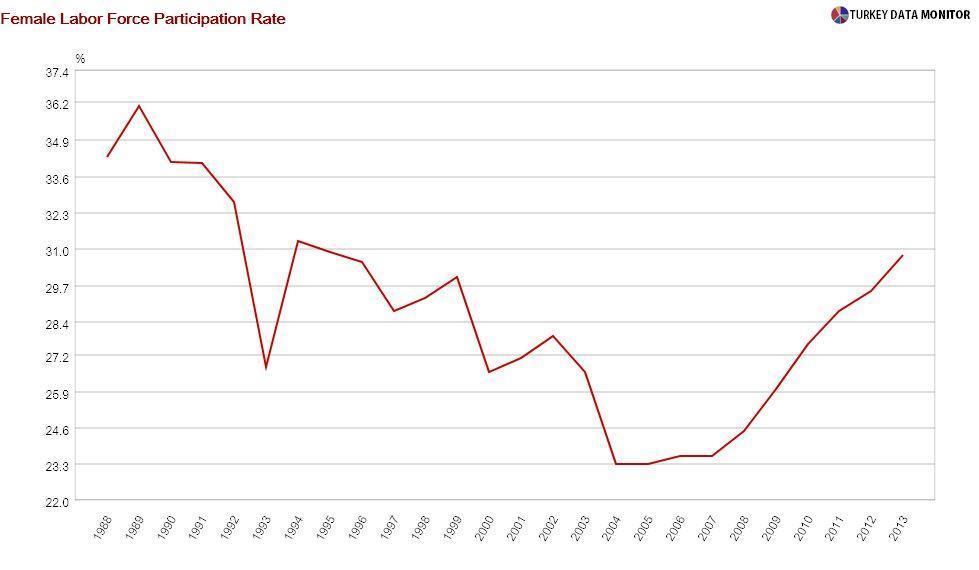The President’s speech
 Prime Minister-President Recep Tayyip Erdoğan gave a great speech this week that summarized two key issues of the Turkish economy better than I could have in a dozen columns.
Prime Minister-President Recep Tayyip Erdoğan gave a great speech this week that summarized two key issues of the Turkish economy better than I could have in a dozen columns.Speaking at the “Women and Justice Summit,” hosted by the Women and Democracy Association (KADEM), Erdoğan criticized a recent Council of State privatization ruling with a saying he attributed to the philosopher Confucius or the caliph Omar: “No matter how bad laws are, if they are held by a just sultan then they lead to fine results; no matter how good the laws are, if they are held by a brutal sultan then they lead to injustice.”
Some people took this to mean that Erdoğan had declared himself sultan. But more importantly, his argument does not make sense: A just sultan could have been a second-best solution two millennia ago, when laws were basic, but no one wants to bet on a ruler today. Unfortunately, Turkey is turning into a land where discretion rules supreme over the rule of law. Investors have noticed as well, as I reported during my London trip at the end of August.
Lo and behold, Erdoğan’s comments on justice paled in comparison to his views on women. He declared that gender equality was “against nature.” I am really glad he finally got that out of his system. After all, since “you cannot bring men and women into equal positions,” I do not need to worry about Turkey’s very low women’s labor force participation (LFP) anymore.

Erdoğan’s remarks should not have come as a surprise, as policies are geared toward helping women rear at least three children, as he wants them to. Even though many economists attribute the recent rise in women’s LFP to reductions in social security premiums for female workers, policies such as financial support to take care of the elderly at home and tax exemption for women working from home show incentives are provided in a way to keep women at home.
Erdoğan should not worry. The World Economic Forum’s 2014 Global Gender Gap Report confirmed that women are in no way equal to men in Turkey. The study measures the size of the gender equality gap and ranks countries in four areas: Economic participation and opportunity, education, political empowerment and, health and survival. Turkey is ranked 125th, dropping from last year’s 120th, mainly thanks to the increase in covered countries from 136 to 142.
Despite the steady improvement in its overall score since 2011, the report notes, “Turkey is still the lowest-performing country from the OECD on the overall index; and it is the lowest-performing country from its region on the economic participation and opportunity subindex, ranking 132nd.” After all, as Erdoğan noted, “In work life, you cannot impose the same conditions on a pregnant woman as a man.”
I am sure the president does not know that poverty is more spread in households headed by women. If he knew, I am sure that he would not dismiss the doubling of women’s murders this year as “simple criminal cases,” as his predecessor Abdullah Gül did in response to a question at Harvard University.
Erdoğan may not want to grant them equality, but I am sure he would tend to Turkish women’s well-being and safety. After all, we all know that if nothing else, he is just.










